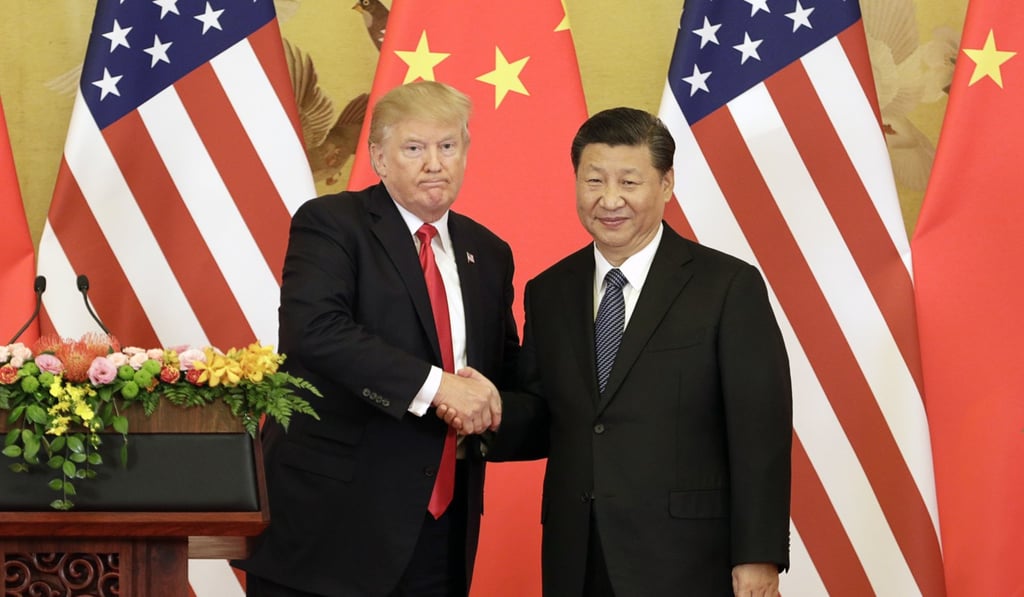Advertisement
Opinion | To protect US trade, Donald Trump needs to stand firm on intellectual property protection demands with China
- If the US loses its technological edge, the trade war is irrevocably lost. Not just Trump but many Americans believe it would be better to have no deal at all than one that fails to satisfy the US on the intellectual property issue
Reading Time:3 minutes
Why you can trust SCMP

Over the weekend, US President Donald Trump threatened to dramatically increase tariffs on imports from China, concluding in a pair of tweets that, “The Trade Deal with China continues, but too slowly, as they attempt to renegotiate. No!”
With almost any other US president, you might reasonably conclude that “no” means “no”, but not Trump.
So, who knows.
Advertisement
US Trade Representative Robert Lighthizer, whose job is made harder every time Trump or one of the others on the team spout some happy nonsense about getting close to a deal, was presumably pleased with Trump’s clarity after he made a dizzying comment to reporters on Friday.

Advertisement
“We’re getting close to a very historic, monumental deal,” he said. “And if it doesn’t happen, we’ll be fine too. Maybe even better.”
For China-trade hawks in the US, however, recent reports about various US demands being watered down are disturbing.
Advertisement
Select Voice
Choose your listening speed
Get through articles 2x faster
1.25x
250 WPM
Slow
Average
Fast
1.25x
